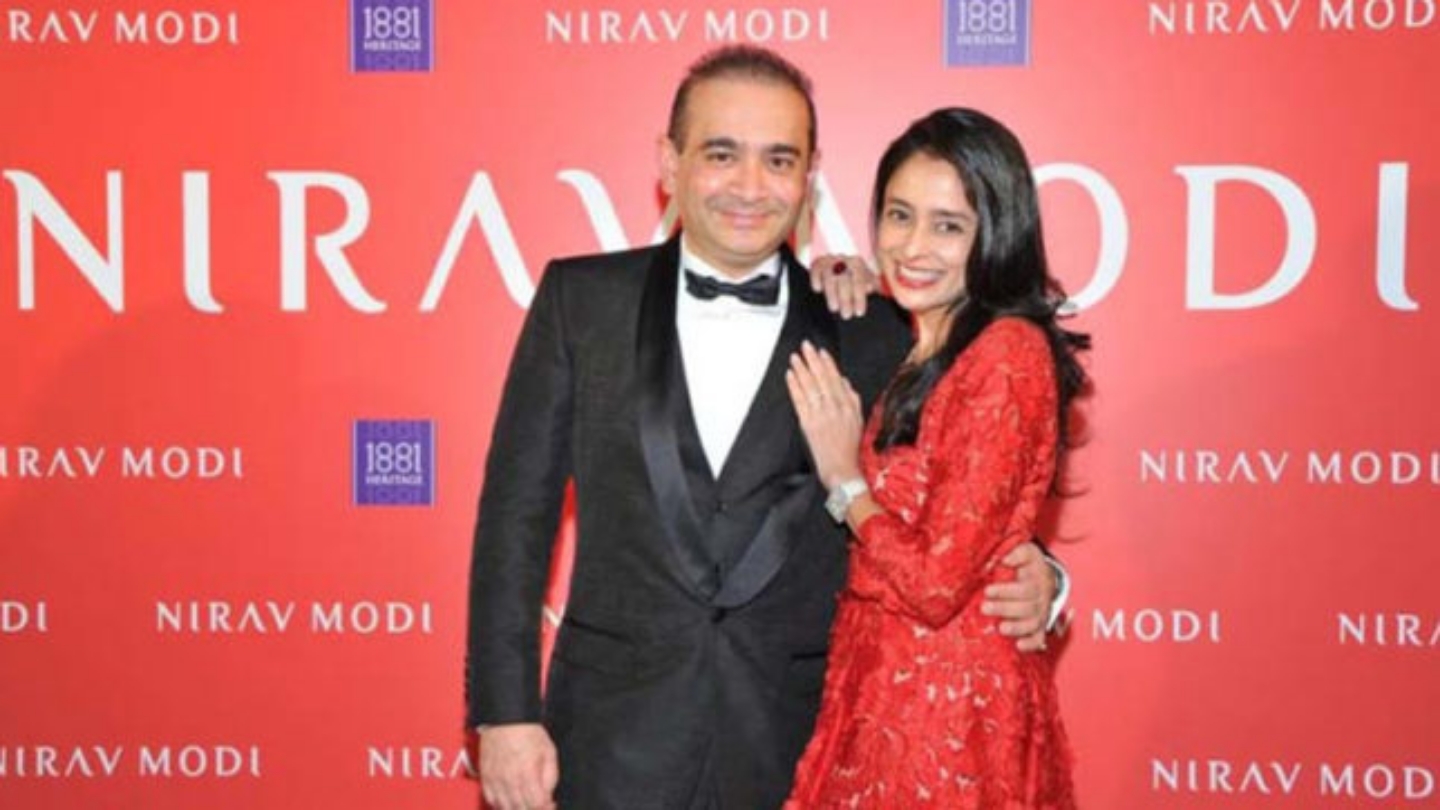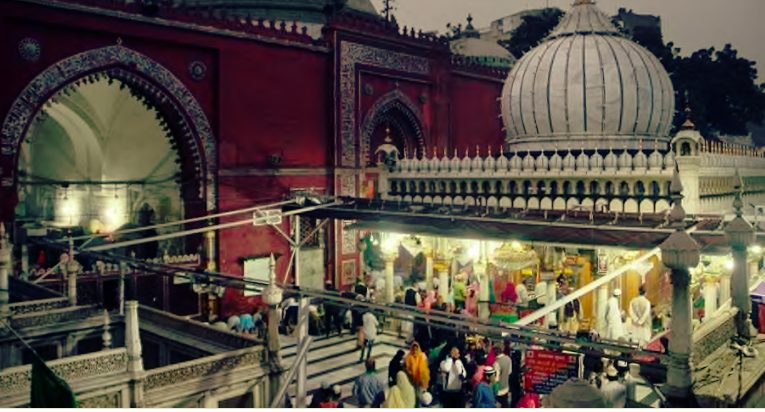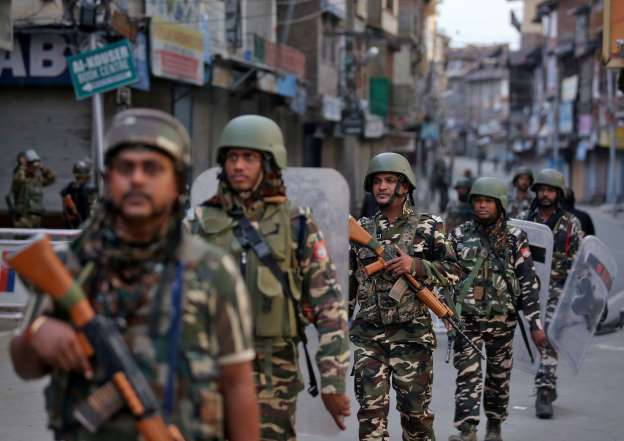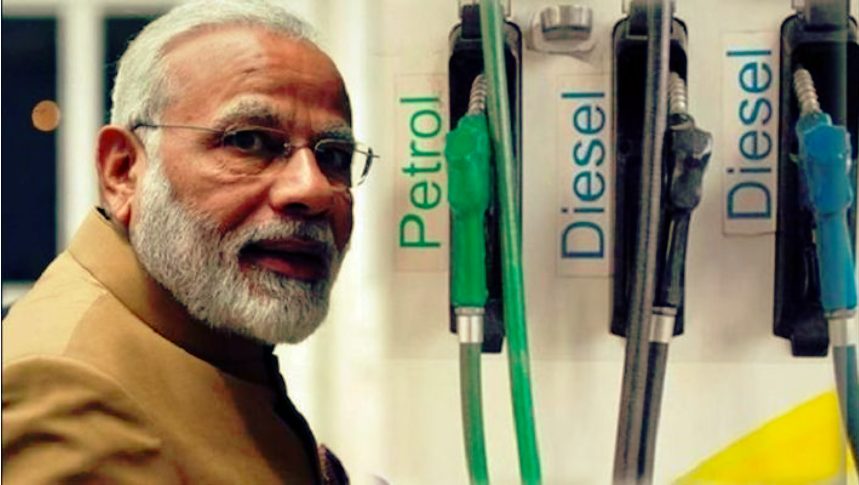[splco_heading size=”15″ align=”left” margin=”30″]British government prosecution appraised London court that Indian fugitive diamantaire Nirav Modi used 13 companies in the UAE and six in Hong Kong for the purpose of round tripping money, [/splco_heading]
The Gujarat based fraudulent diamond jeweller, who was arrested by Scotland Yard in the UK in March 2019 on an extradition warrant by India over charges of fraud and money laundering, attended the court using a videolink from his prison in Wandsworth, London.
He has been denied bail five times so far. The businessman has also applied for political asylum in the UK but both been denied , confirms sources in London .

[splco_spacer size=”30″]
Indian investigative agencies Central Bureau of Investigation (CBI) and Enforcement Directorate (ED), seeking Nirav Modi’s extradition are being represented by the Crown Prosecution Service (CPS) in the UK.
The CPS, represented by Barrister Helen Malcolm, told the court that Nirav Modi in connivance with some of the PNB officials, embezzled around $2 billion and bribed PNB bank official Gokulnath Shetty.
She told the court that Nirav had also threatened to kill a witness if he gave any statements against him.
Explaining the modus operandi of the fraud, Malcolm told the court that on the pretext of buying material at a cheaper rate, like pearls for example, Nirav Modi borrowed from local banks in India.
“The bank guarantees required to get loans in the form of MOU’s were signed off by corrupt bank officers of the PNB and the money secured in this manner was used to pay an earlier loan instead of buying raw material,” she said.
“Each borrowing was paid off later by greater borrowing,” Malcolm said adding that this is how Nirav Modi had built his empire on a “ponzi scheme”.
Malcolm also told the court that after his extradition, Nirav would be lodged in barrack 12 of Arthur Road Jail in Mumbai, Maharashtra.









